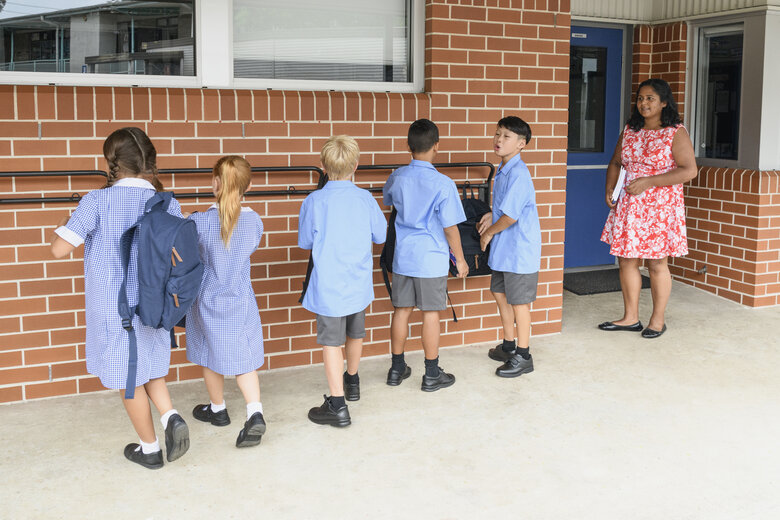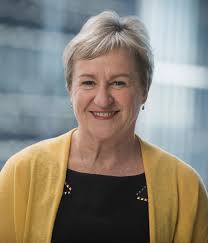
The body responsible for planning and delivering school infrastructure in NSW is failing to prioritise future needs, an audit has found.

The NSW Auditor General’s report says despite facing a shortfall in classroom space over the next twenty years, School Infrastrucure NSW (SINSW) has failed to present a pipeline of priorities, and has focused instead on delivering election promises and government announcements made as long as three years ago.
“This has diverted attention from identifying and delivering projects that would have better met present and future student and classroom needs,” Auditor General Margaret Crawford says.
She says SINSW has focused on delivering projects announced in the 2017–18 budget, and of the 97 new and upgraded schools announced since 2018-19 only 16 were identified as a priority by SINSW. Forty-eight were existing projects and 33 were government announcements not identified by SINSW.
The audit says it’s vital that new funding is prioritised to projects that best meet demand with the public school system having to accommodate an estimated 180,000 students by 2039.
According to 2019 figures from the Australian Bureau of Statistics, there are currently 810,700 students enrolled in government schools.
Strategic plan
The education department prepared a School Assets Strategic Plan in 2016 which identified a need for 7,200 classrooms over the next 15 years.

In response to that the government announced 123 new projects and allocated $4.2 million in the 2017-18 budget, and established SINSW to deliver on the plan.
In a 2020 review of the SASP, the agency warned funding shortfall in meeting the growing need for public education infrastructure up to 2039.
However its capital investment plans only identify priorities over a two-year horizon, the audit found.
“Developing a longer-term pipeline of priorities would signal the areas of greatest need and allow greater scope to consider a range of options to best meet those needs,” Ms Crawford says.
Deadline for improvement
The audit also examined 12 projects and found SINSW has not adequately reported on progress towards meeting expected demand, has failed to demonstrate rigorous and transparent assessment and has under-estimated project costs and risks in some cases.
The report makes eight recommendations to improve long-term planning better, evaluate the costs and benefits of projects and “embed a continuous improvement program” by September 21.
Education department secretary Mark Scott says the recommended timeframe is too short and wants to extend the deadline to April 2022.
“It the timeframe remains unchanged the Department can only accept the audit office’s recommendations in principle,” he said.
Comment below to have your say on this story.
If you have a news story or tip-off, get in touch at editorial@governmentnews.com.au.
Sign up to the Government News newsletter
Most read
Scathing report finds little has changed at PwC
Qld council welcomes progress on massive battery system
‘Local’ procurement turns out not to be so local, committee hears
Another report finds local government falling down on cyber security
MoG changes see regions, investment return to NSW Premier’s Department